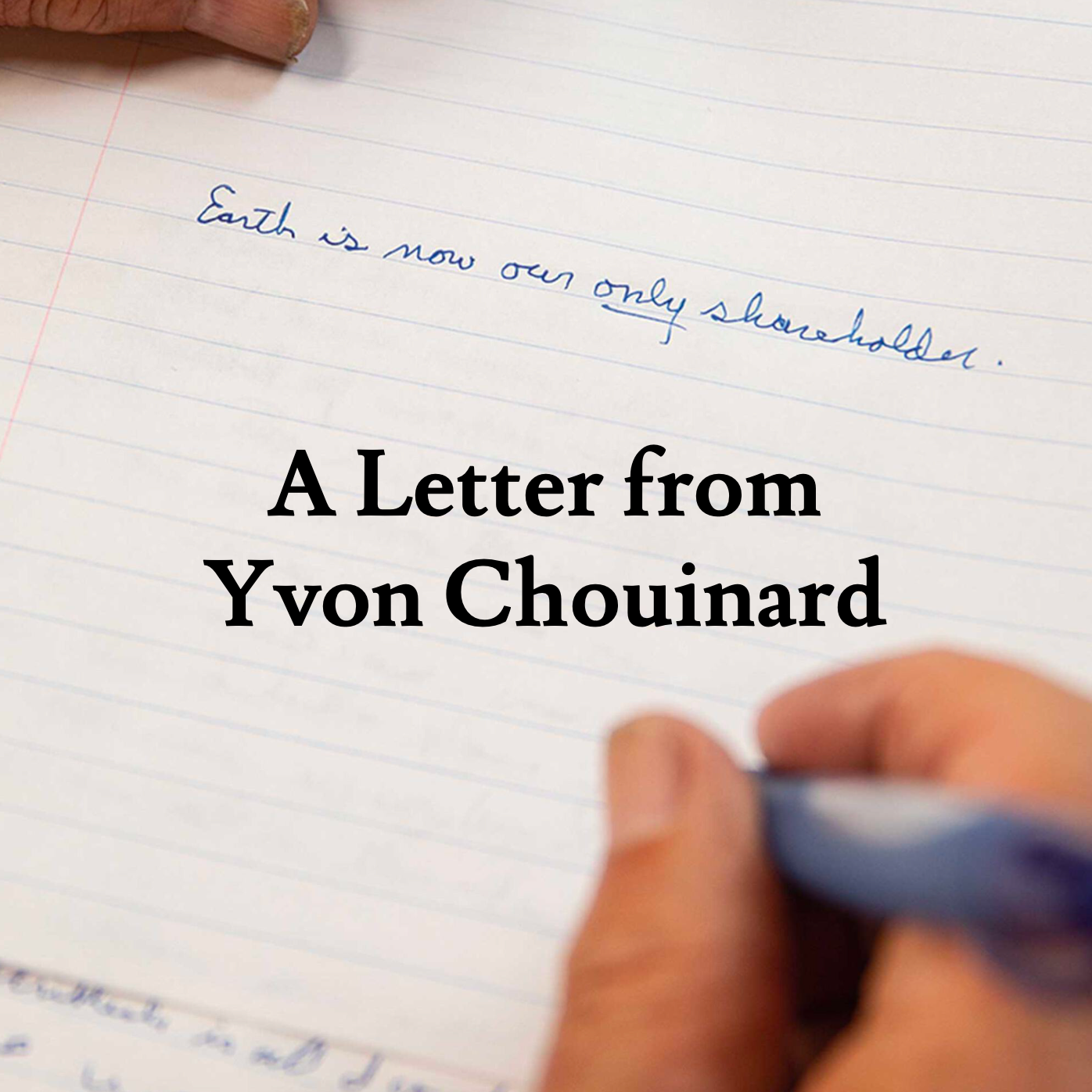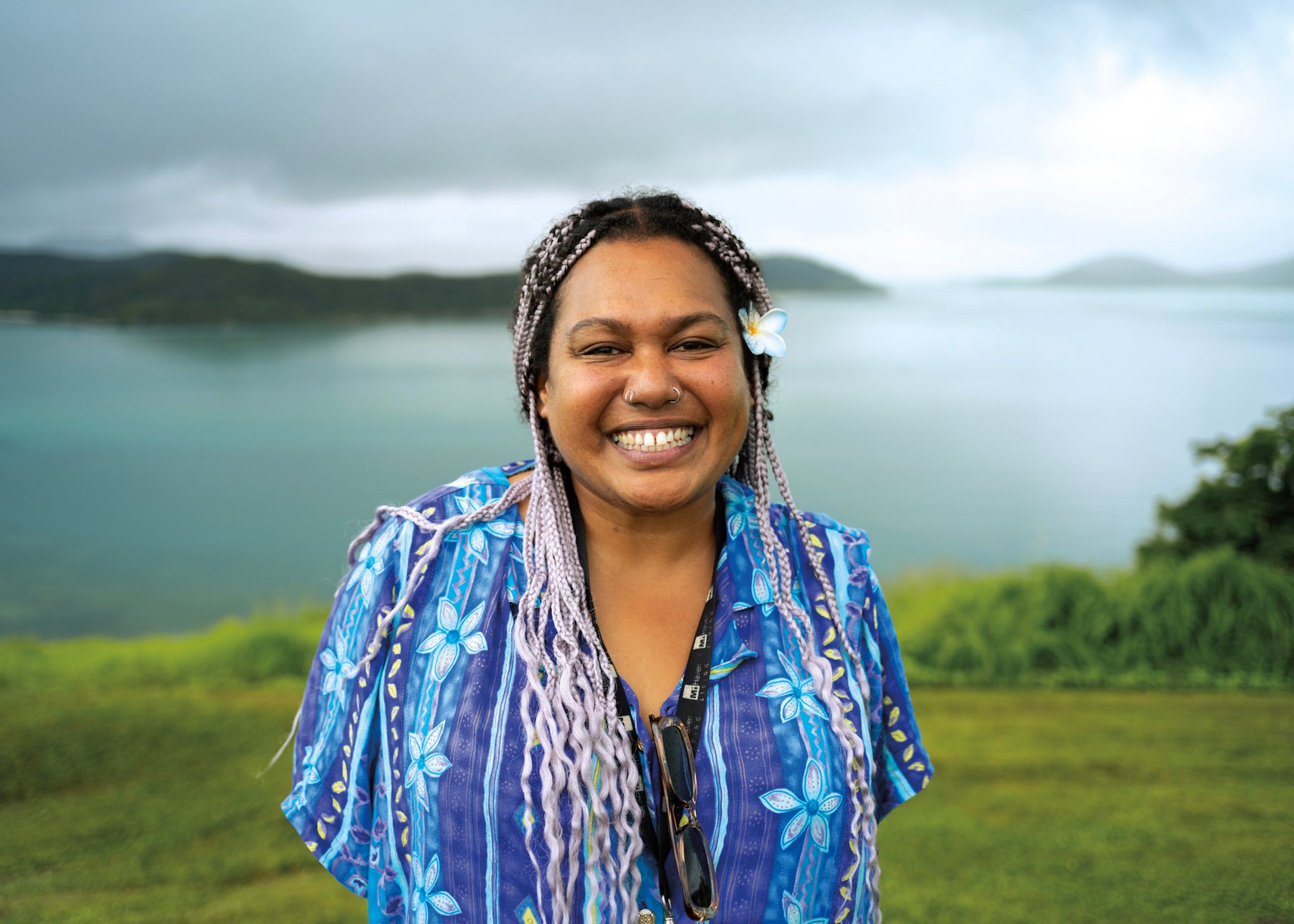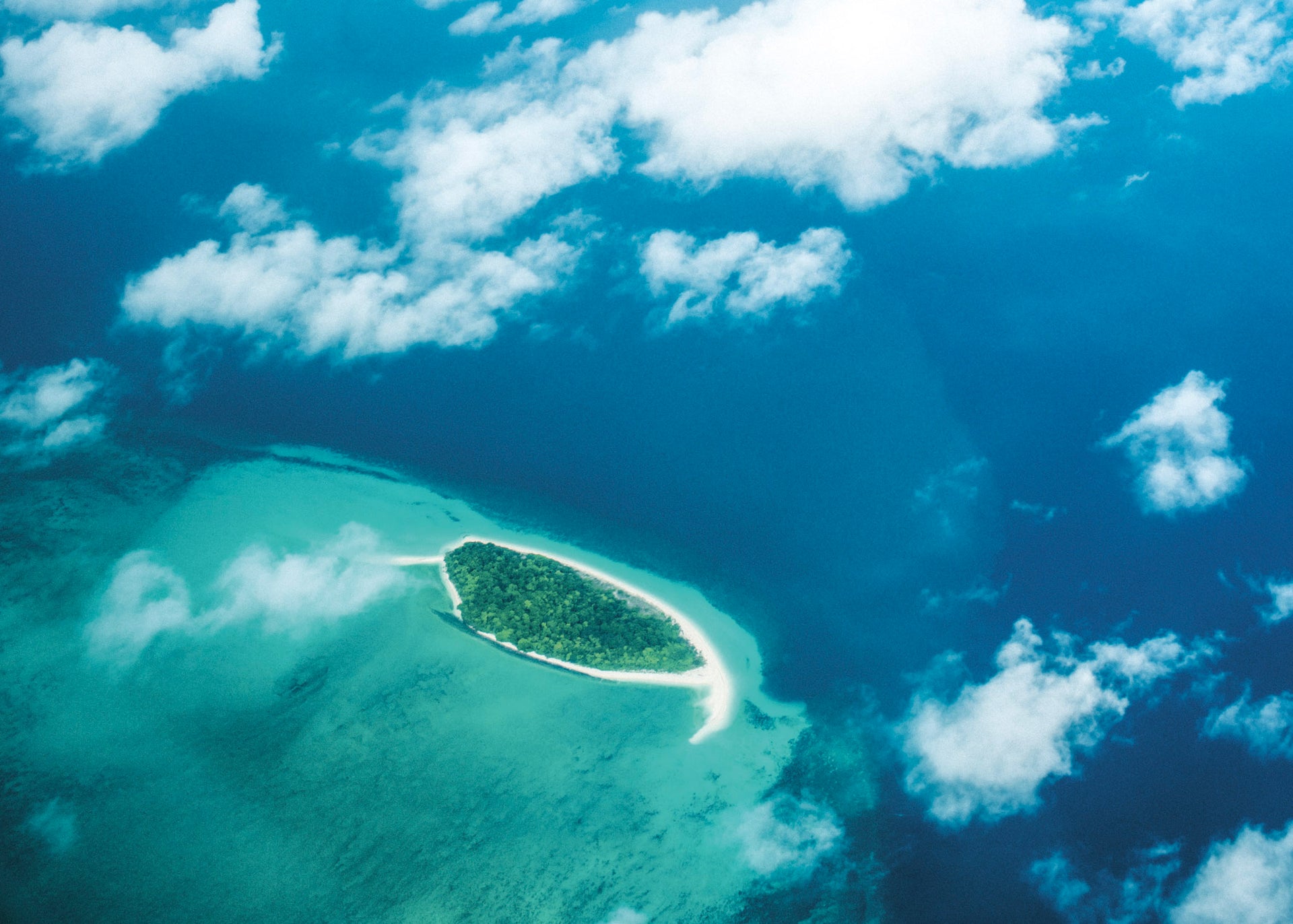Masig is shaped like a teardrop. It's quite small. There are just over 200 folks on the island and about 13 clans. My family line married another family clan, and so most people on the island are my family. They may know me, I may not know them all, but that's my cups of tea.
Masig is located in Kulkalgal Nation. The Torres Straits are split into five regions based on their geographical makeup. The Kulkalgal Nation is low-lying coral cay atolls. It’s beautiful white sandy beaches with transparent ocean, all blue, turquoise and greens. It's like, is this even real? It’s this jewel in the middle of the ocean and I just feel its beauty. It’s an island paradise and I feel lucky that I get to go to this place and call it home.
Masig is a very small island, but its sandbanks shift with our neighbouring island Kadal, which means ‘crocodile’. The ocean is moving, and our island moves with the ocean and the wind. So, while it retains its beautiful teardrop shape, depending on the season, it may look different. They say when you come to our island and you leave, you cry so much that it keeps its teardrop shape. That's the story of Masig.
When I’m on the island, I stay with my Athe Odrick. He was a part of raising my mum and my aunties, who I call my ‘mums’ as well. Even if I think I've woken up early, well before seven o'clock, he’ll be up and will have already hosed the plants outside the office in the centre of our island.
Each morning on the island, I stumble out of bed and put on some swimmers. We're a conservative community, so I've got alavalava as well as a swimming shirt on. I've got my hat. I've got no shoes. I just love the feeling of the sand between your toes, of touching Country. I'm aiming for a swim, but if I can meet Athe Odrick after he's finished watering the plants, we go and walk on Country together. He'll have a couple of community doggos following him. He’s that person who will give his last breadcrumb to you, so he's always sharing with the doggos — he’s their favourite. He has polio, so he always has a stick with him. I'm just following along behind, usually about a metre. He walks quite fast. I feel like I'm a little kid catching up to their grandparents and just asking a million questions.
We start by checking the tide. I'm fresh in the morning and I’ve just got that salty air smell in my nose with the sounds of the waves, whether it's low tide and it's just sort of tinkling, or if it's coming into high tide and it's crashing onto the banks.
We arrive on the beach, coming out of the trees or a bush pathway. We call them mekei, but it's like a native almond tree and they have a huge nut. We'll go through a forest of those, and I'll stub my toe on a couple of their roots. You get out in the open and it's really lovely to wake up and take a deep breath in and just be with Athe Ods, just sharing. He'll always comment about a tree that used to be there that's not there anymore, or he'll share a memory. I feel like I’m going through a family directory in my mind. I’m like oh yep, cool, that's that person you were chatting with. That's how my day starts.
We'll go down the beach, we'll say hello to some of my family members who might already be out, sitting and taking the morning breeze in. We'll run into families who are about to go fishing – whether it's cray season, prawn season, or just when the fish are running. Right now, we're in Woerr/Sagerr winds, which is April to September, and there might be certain fish running.
























